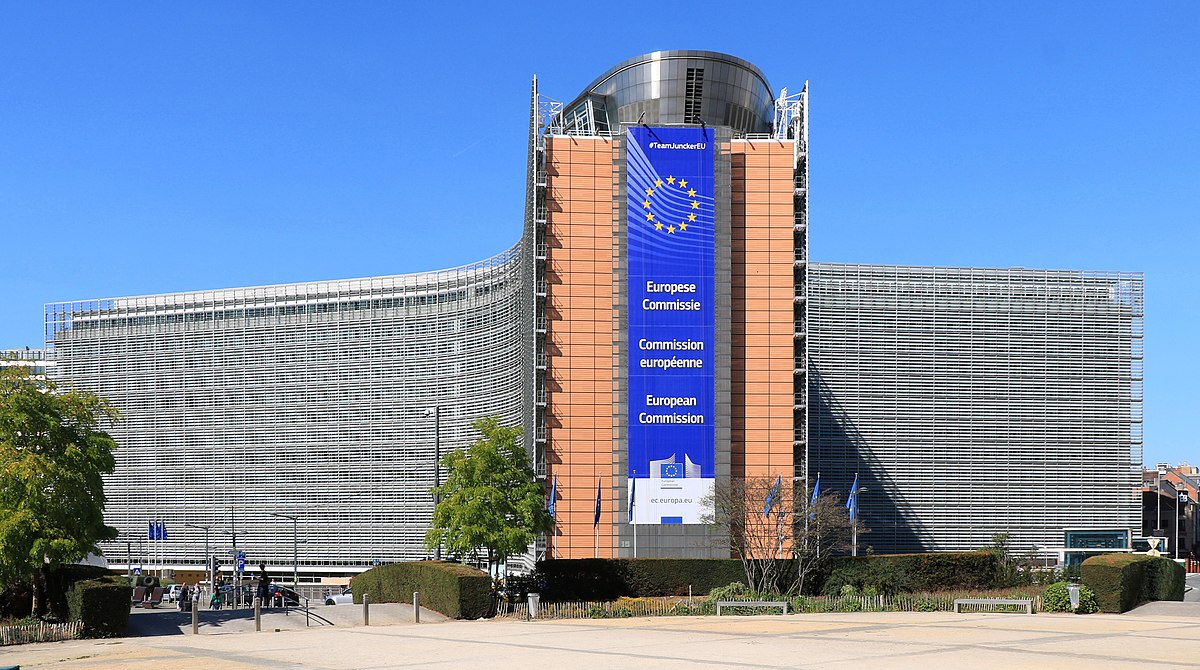How to end EU impunity

A loophole in the provisions of law needs to be shut and the criminal liability of EU officials introduced
Paweł Szałamacha
In most countries, politicians or officials may be held criminally liable for their crimes. In Poland, such crimes are bribery, peddling influence, and abuse of rights. Prosecution of such crimes is not easy, and convictions do not happen often, but impunity of government authorities is not the rule. The usual defense of suspects of such acts is to reverse the situation – accusing the prosecution of dishonorable motives. A few weeks ago, the French daily Libération described the system of connections between the politicians of the European Christian Democrats, officials, and judges. This article revealed a legal loophole through which, while those in power in the Member States may be held criminally liable for their offenses, EU officials are not held liable for the same behavior.
Exceeding authority
The Polish legislator should consider closing this loop. Firstly, by regulating the currently common excess of authority, which poisons the quality of cooperation in the European Union. Our Criminal Code defines the crime of exceeding authority by a public official. Article 231 reads: “A public official who, by exceeding his or her authority, or not performing his or her duty, acts to the detriment of a public or individual interest, is liable to imprisonment for up to three years”. An equivalent should be introduced, concerning similar acts committed by persons holding positions in the bodies of the European Union – the Council, the Commission, Parliament and the Court. The proposed wording: “An official of the EU bodies who, by exceeding his authority or not fulfilling his duties, acts to the detriment of the interests of the Republic of Poland, the European Union or a country belonging to it, is liable to imprisonment for a term of between one and three years”.
I am proposing the same upper limit of punishment as for a “national” crime, but introducing a minimum threshold, because of the high harmfulness of such actions, which in fact damage good relations in Europe and rupture them from within. A fine could be an additional sanction. These acts should be prosecuted by the Polish prosecutor’s office and be subject to the jurisdiction of Polish courts.
The Union will not defend itself
Of course, you may have questions as to the effectiveness of such provisions in the case of crimes committed outside the territory of the Republic of Poland. However, there is already a chapter in the Criminal Code on liability for acts committed abroad, i.e. chapter XIII, it is enough to modify it accordingly, extending the scope of the foreigner’s liability. The definition of an EU official should also be added to the glossary constituting Chapter XIV of the Code.
Further doubts may concern whether the provision should cover only actions that are to the detriment of the Republic of Poland or also to the detriment of another EU country and the entire Union. Perhaps it is better to abandon the protection of the interests of other countries – let each Member State protect it individually. On the other hand, as we have seen in recent years, the Union is not able to defend itself against the pathologies of abuse of power, thus a decision is needed by the hosts of the Treaties, i.e. the states that form the Union. The first step is key, and then we ought to consider modifying other provisions to prevent interference with elections in Member States.
The author is a former minister of finance, and a member of the management board of the National Bank of Poland.
This article was published in January “Do Rzeczy” magazine.



